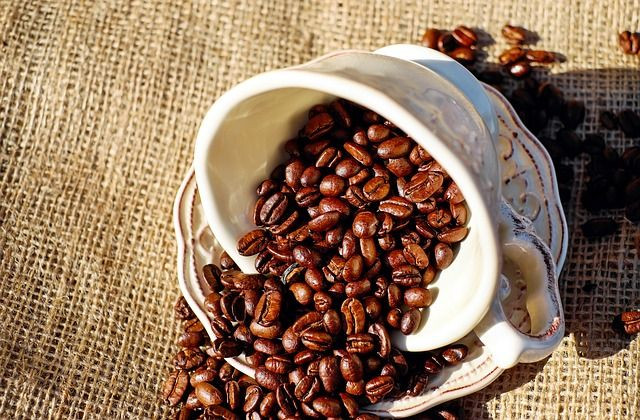Coffee May Not Be Dangerous For People With Recent Heart Failure: Study

Yet more research suggests that a cup of joe in the morning won’t hurt your heart any, even if you’ve recently experienced heart failure.
Researchers recruited 51 such patients to undergo a brief clinical trial. Half were given caffeinated coffee every hour for five hours, while the other half received decaf. Then their heart health — measured by whether they had any arrhythmias, or irregular heartbeats — was assessed as they rested and soon after they exercised on a treadmill. Even with the added strain of exercise, the researchers found no connection between arrhythmia and caffeine consumption. Their findings were published in JAMA Internal Medicine.
“Acute ingestion of high doses of caffeine did not induce arrhythmias in patients with systolic heart failure and at high risk for ventricular arrhythmias,” they concluded.
The results come in light of a similar study published earlier this January which found no link between caffeine and the risk of extra heartbeats. Unlike that study, however, the authors this time around were able to directly measure any acute effects of caffeine. These studies and others have challenged the popular perception that caffeine can be risky for people in poor cardiovascular health.
“To date, there is no solid evidence to support the common recommendation to limit moderate caffeine consumption in patients at risk for arrhythmias,” the authors noted.
Elsewhere, other research has found that moderate doses of caffeine may even forestall the risk of heart failure, though the jury is still out on whether too much caffeine can be dangerous for the heart. Similarly, there’s been no consistent link between high blood pressure and caffeine.
The study does have caveats, namely its relatively small sample size. The fact that at least half the patients were already regular coffee drinkers prior to the study may also have slightly skewed the results, since their tolerance could dull caffeine's physiological effects. Lastly, the researchers admitted that their findings can’t wholly discount the possibility that long-term caffeine use could hurt the heart.
Still, for those people eager to return to their normal life following a heart scare, it’s likely there’s nothing to be overly worried about when it comes to coffee.
Source: Zuchinali P, Souza G, Pimentel M. Short-term Effects of High-Dose Caffeine on Cardiac Arrhythmias in Patients With Heart Failure. JAMA Internal Medicine. 2016.
Published by Medicaldaily.com



























